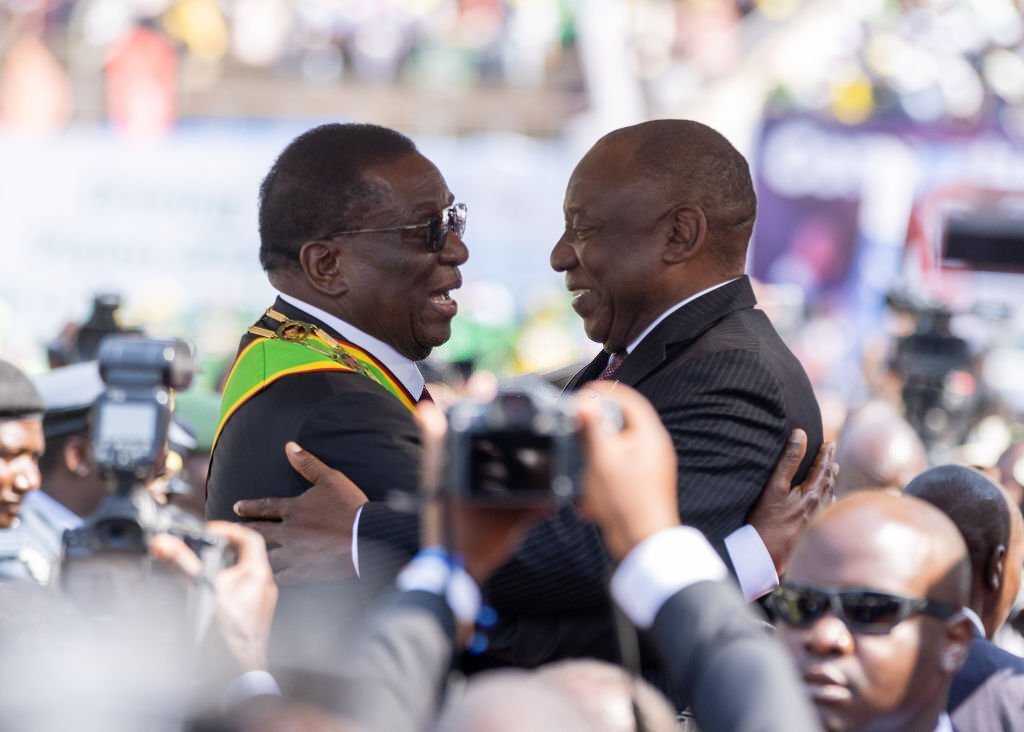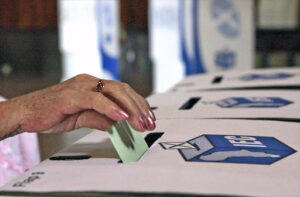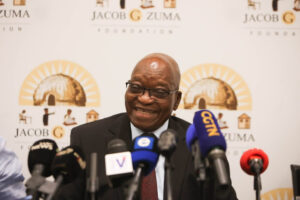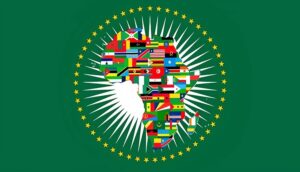In a recent address to the United Nations General Assembly, South African President Cyril Ramaphosa called for the lifting of sanctions imposed on Zimbabwe, highlighting the distress experienced by ordinary Zimbabweans and the adverse effects felt by neighbouring countries, including South Africa.
During his speech, Ramaphosa emphasized the gravity of the situation, stating,
“The sanctions that are applied against Zimbabwe should also be lifted as they are imposing untold suffering on ordinary Zimbabweans, but also have a collateral negative impact on neighbouring countries as well, such as my own country, South Africa,”.
The sanctions in question were instituted more than two decades ago, amid the tenure of the late former president Robert Mugabe, and have remained in place since.
EU Suspends Funding to Zimbabwean Electoral Commission
In a development that coincided with Ramaphosa’s plea, the European Union (EU) announced its decision to suspend its $5 million financial aid to the Zimbabwean Electoral Commission (ZEC). This move comes in response to concerns raised by international observer missions regarding the recent elections in Zimbabwe.
The EU delegation pointed to issues surrounding the ZEC’s independence and transparency in overseeing the electoral process, emphasizing the necessity for credible elections facilitated by electoral bodies. The delegation noted,
“Recent preliminary statements from multiple electoral observer missions, including the EU’s, have raised concerns about ZEC’s management of the electoral process, particularly regarding its independence and transparency,”
“The European Union has formally communicated its intention to suspend its $5 million financial support for the Zimbabwean Electoral Commission.”
The funding was part of a collaborative programme managed by the United Nations Development Programme (UNDP), supported by various donors, including the EU, with the goal of enhancing Zimbabwe’s ability to conduct elections.
Context and Implications
The call from President Ramaphosa brings to the fore the longstanding issue of sanctions against Zimbabwe, a topic that has been a source of contention for over two decades. The sanctions, which have been a constant presence since the era of Mugabe’s rule, have been criticized for exacerbating economic hardships for ordinary citizens.
Furthermore, the EU’s decision to withdraw financial support for the ZEC raises questions about the future of electoral processes in Zimbabwe. It underscores the international community’s concerns regarding the credibility and transparency of the electoral commission, potentially setting a precedent for further scrutiny and demands for reform in Zimbabwe’s electoral landscape.
As South Africa shares a border and has close economic ties with Zimbabwe, the situation is of significant relevance to the nation. The unfolding developments prompt a reflection on the broader regional implications, with a focus on how the dynamics between international relations, economic sanctions, and electoral integrity might shape the future of Zimbabwe and its relations with neighbouring countries.














